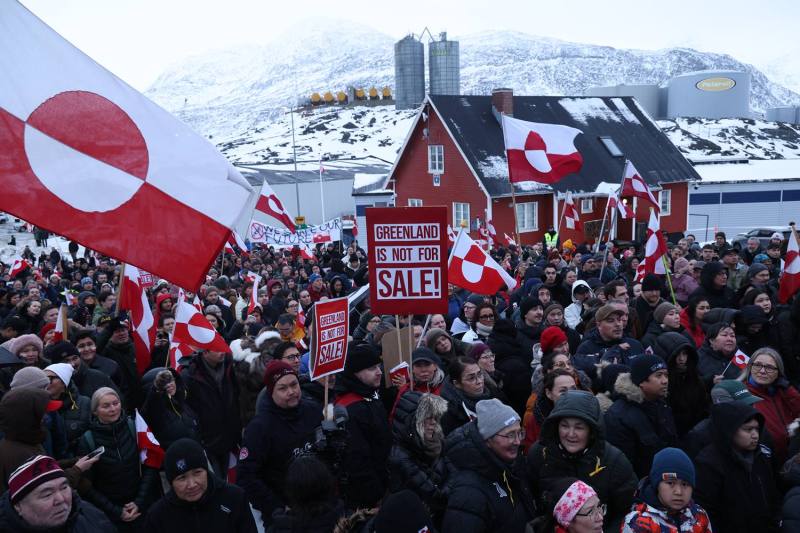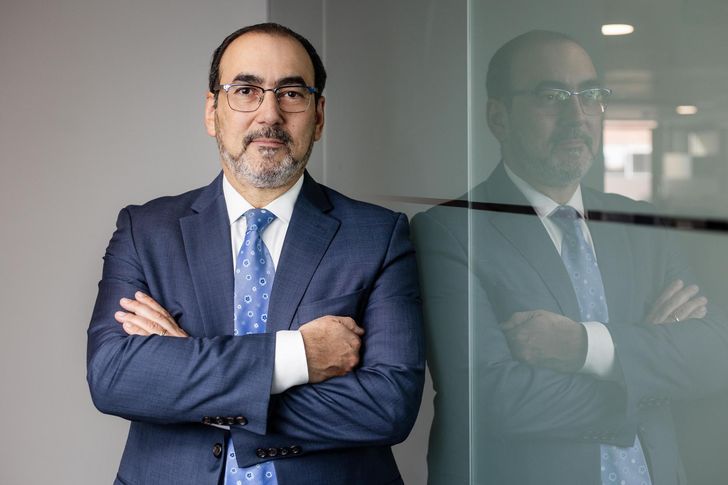Key Impact Points:
- Decarbonization risks: More than 13 million U.S. jobs are vulnerable to climate impacts, with uneven distribution across industries.
- Community perspectives: Local conversations reveal mixed feelings, from skepticism to hope, about the benefits and challenges of the green transition.
- Policy insights: A just transition demands attention to job quality, local involvement, and community-specific strategies for green economy adoption.
Local concerns in a global shift
Deloitte’s latest research highlights that the path to a net-zero economy isn’t just a technical challenge but a deeply local one. From Pennsylvania to Texas, community members—firefighters, truck drivers, teachers, and more—are grappling with the impacts of climate change and the energy transition. More than 13 million U.S. jobs are vulnerable to these changes, with concerns about job stability, industry tradition, and community identity.
“I want strong, community-committed manufacturing here. That means that the people who work in the plant, and make the decisions about the plant, live in the community and participate in the economy here.” – Tracy, West Virginia
Voices of concern and hope
Deloitte’s collaboration with the MIT Center for Constructive Communication and Cortico enabled 33 community discussions across four fossil fuel-reliant states. While participants expressed skepticism about the boom-and-bust cycles of new industries, many saw potential for cleaner energy solutions like solar and wind.
Change the World - Subscribe Now
“We don’t dig for the sun. We don’t have to dig for wind. [I]n my opinion, it’s worth giving that a shot and seeing where that goes.” – Amara, Pennsylvania
Despite their historical reliance on fossil fuels, communities showed interest in renewable energy, as long as it is affordable, reliable, and convenient.
A just transition requires local buy-in
Deloitte’s report stresses the importance of understanding local communities as end-users, not just producers, in the green economy. Engaging deeply with local voices and addressing barriers—such as infrastructure and affordability—can lead to widespread support for sustainable alternatives.
“We’ve got to take care of our resources, but we have to take care of everything from the top down…People have to work, support, and raise their families as well.” – Mike, West Virginia
Leaders and businesses aiming for a just net-zero transition must craft policies that consider these local complexities. A one-size-fits-all solution won’t work, but empowering local voices can lead to thriving, resilient communities.
Related Article: Deloitte Accelerates ESG Reporting Globally with GreenLight Powered by Salesforce


 Follow SDG News on LinkedIn
Follow SDG News on LinkedIn











